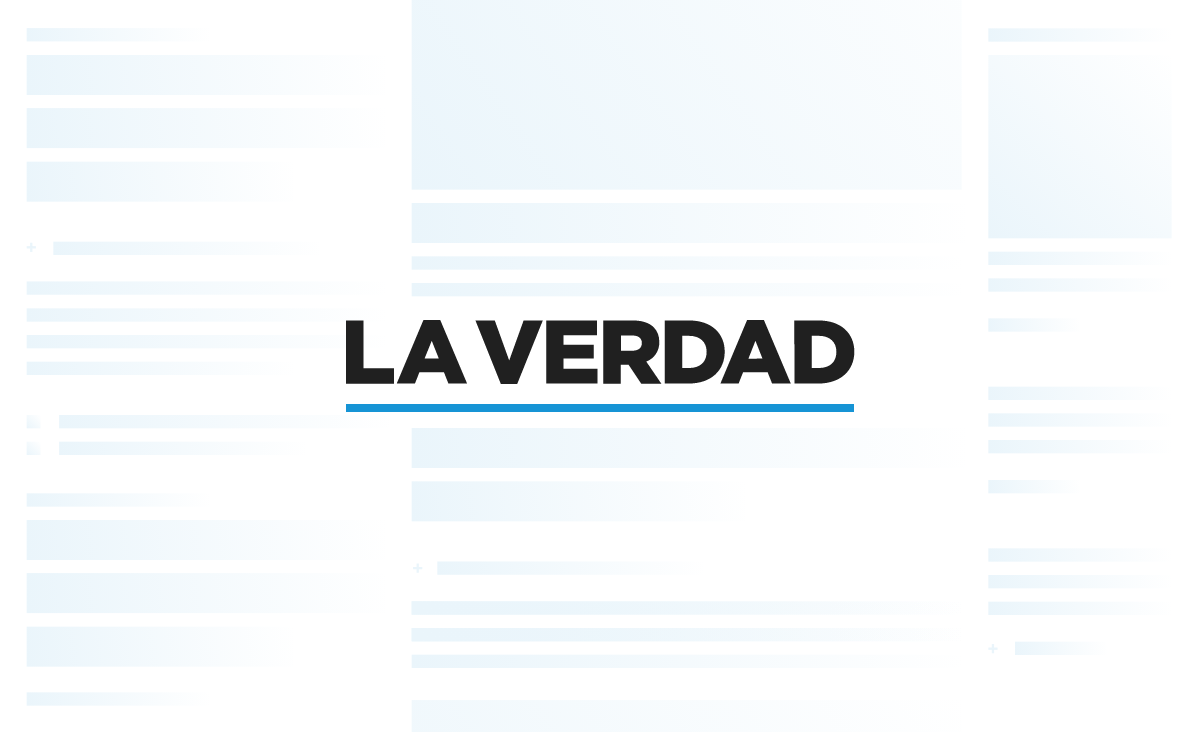The Madrid Summit puts on the table a stronger organisation, with more resources and with the commitments of its members
NATO was founded in 1949 as a defense alliance against the Soviet threat. It has historically been part of the so-called doctrine of containment launched by President Truman after the report sent by diplomat George Kenan from Moscow confirmed that the actions and attitudes of the Russian communists in Europe were intended to affect the Atlantic Peninsula. It was conceived as a strategic defense alliance, essentially deterrent and therefore not hostile to the post-World War II order. Admittedly with a clear political will to involve the Western countries, winners and losers, in a common process of democratic reconstruction. The Alliance was therefore born as a sum of military and political objectives, inspired by the principles and values of free and democratic societies, but focused on the strategic interests of the United States, since 1945 linked to those of Western Europe.
After the Fall of the Wall, on the basis of the so-called New Strategic Concept in 1991, the Alliance reconfigured as a security organization with a broader orientation, without a target targeting a specific enemy since that end of communism, instigator of several conflicts, disorder and repression in Europe and other regions. This is why NATO at the time maintained its strategic and political raison d’être to help consolidate the victory of the Western Bloc and its values, and promote democratic transitions in Eastern Europe, whose peoples massively and unfettered expressed their desire to escape from the Soviet Union dictatorial atmosphere. Just as the protesters on Tiananmen had tried in 1989, although in that case their demands for freedoms and rights were subjected to the examination of the bullets and tanks of the Chinese communist regime.
Since then, the organization has expanded to gradually integrate new democratic countries and weaved a network of cooperation agreements with third parties to actively cooperate on global security. In seven decades, it has intervened militarily in specific operations, despite being prepared to respond effectively in multiple situations. These include the war in the former Yugoslavia or the fight against international terrorism and the conflict in Afghanistan. Its role as a linchpin of the common Euro-Atlantic security and its efforts to modernize and update the capabilities of Allied armies have contributed efficiently to the advancement of Allied societies’ societies and the global environment.
The Madrid Summit puts the 21st century on the NATO table. A stronger organization, with more resources and with the commitments of its members. With the clear goal of strengthening the southern flank and the Mediterranean to extend security to North Africa and the Sahel. And gradually to the entire Atlantic, with a growing role for the Iberian Peninsula, with Spain and Portugal in the lead. An organization with a different and open vision that also has the Pacific and China as strategic reference points.
Source: La Verdad
I’m an experienced news author and editor based in New York City. I specialize in covering healthcare news stories for Today Times Live, helping to keep readers informed on the latest developments related to the industry. I have a deep understanding of medical topics, including emerging treatments and drugs, the changing laws that regulate healthcare providers, and other matters that affect public health.



